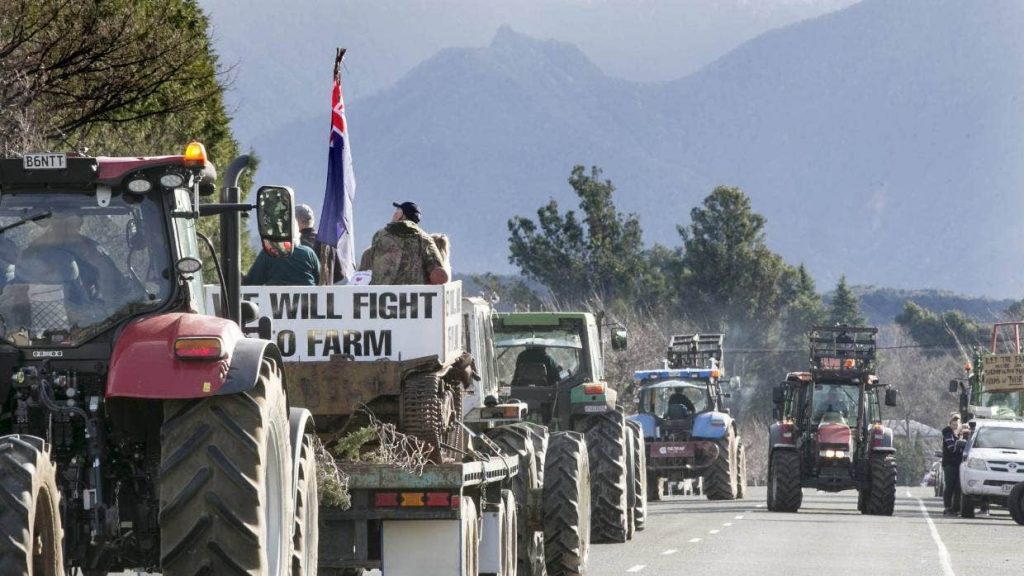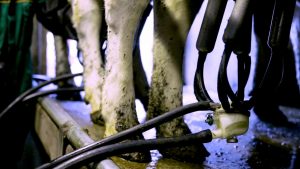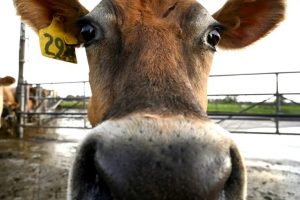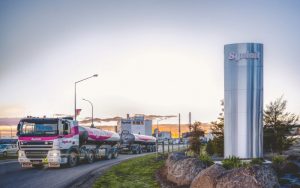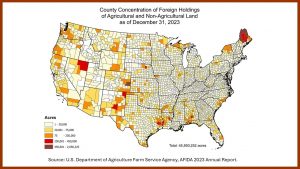
Fonterra changed, it became more honest and transparent in its communication with farmers, and completely transformed the way it deals with the Government. It became better at articulating what it wants from suppliers.
Plenty of farmers don’t like this change, this new collaborative approach, and four years on they are still muttering that the dairy co-op is cosying up to the enemy.
Slowly but surely, with the odd hiccup along the way, farmer advocacy groups like Beef & Lamb, DairyNZ and Federated Farmers have adopted the same approach and given the same reasoning; it’s much more fruitful to work collaboratively with whoever is in power than to shout impotently from the sidelines.
These groups are getting the same response from a sector of the farming community; you’re hanging farmers out to dry.
I think Fonterra and the others have missed an opportunity to communicate a very important point; often these policies are what our customers want to see. The majority of what we produce is exported and New Zealand farmers must meet global consumer demand. If we don’t, then other countries will take our place.
Fonterra and the advocacy groups are just convenient targets for the outrage. What those farmers are really upset about is the Government policies these parties are collaborating on. What these farmers would much rather see is those policies being opposed and, hopefully, never implemented.
Of course, the Government is elected by a majority, so in theory it is implementing policies a majority of voters want to see and our best course of action remains making the achievement of those policy goals as painless as possible.
My mind keeps going back to July’s farmer protest organised by Groundswell. It was aptly named A Howl of a Protest, apt not because you could hear the howls of outrage from thousands of farmers, but because a howl is often an incoherent noise whose meaning is hard to decipher.
Groundswell highlighted seven key points it wanted farmers to protest, but on the day it seemed to boil down to the idea that farmers were experiencing too much change too fast and just wanted it all to stop.
Groundswell is shamelessly playing to that sentiment, in an email to supporters after the July protest it said: “Groundswell NZ are calling for a halt to all environmental regulations including Freshwater, Indigenous Biodiversity/SNAs, Climate Change, High Country legislation and remove the ute tax.” The email concluded with a threat of further action.
Quite apart from sounding like an excellent way to further erode our social license to farm, taking a hardline approach of no compromise is more likely to see you excluded from any policy discussions than being able to effect change to them. To date Groundswell have not even been able to meet with a Minister to discuss its demands.

Proof that the collaborative model has merit can be seen in the intensive winter grazing rules, delayed by a year to give farmers the chance to show they can improve without more regulations. Changes to the National Policy Statement on Freshwater were being worked on well before July’s protest because industry bodies had sat down with the Government and pointed out areas that were impractical and unworkable.
Farming by its very nature is dynamic, constantly evolving and innovating. It’s a characteristic that New Zealand farmers have always taken pride in. Never in farming’s history has just standing still been successful, and it’s not going to be a successful strategy now.
If farming leaders and industry bodies had been reading the global consumer tea leaves and made the required changes years ago, the Government wouldn’t be seeking so many changes now.
The argument that these policies will gain us access to new markets is one I take with a very large grain of salt, but they will help us retain the customers we already have.
New Zealand has traded on our clean and green image for a very long time, we have certainly talked the talk. Now our trading partners want to see us walk the walk.
Craig Hickman is an equity manager on a 1000-cow dairy farm in mid-Canterbury.
